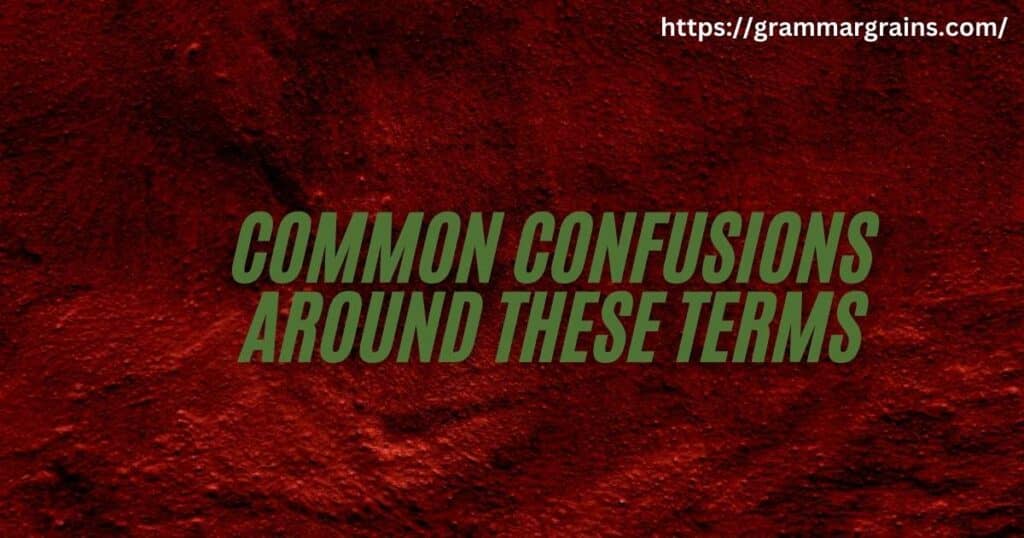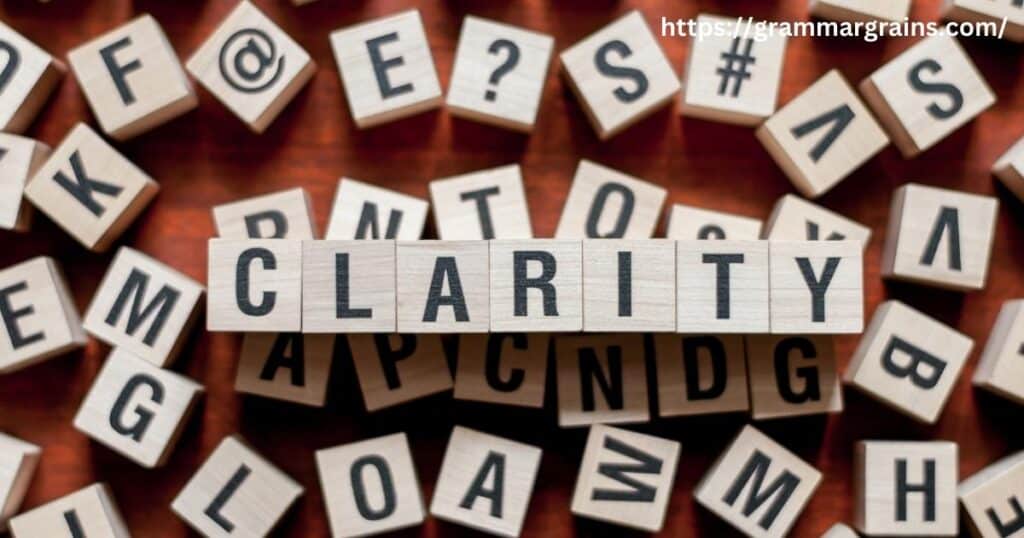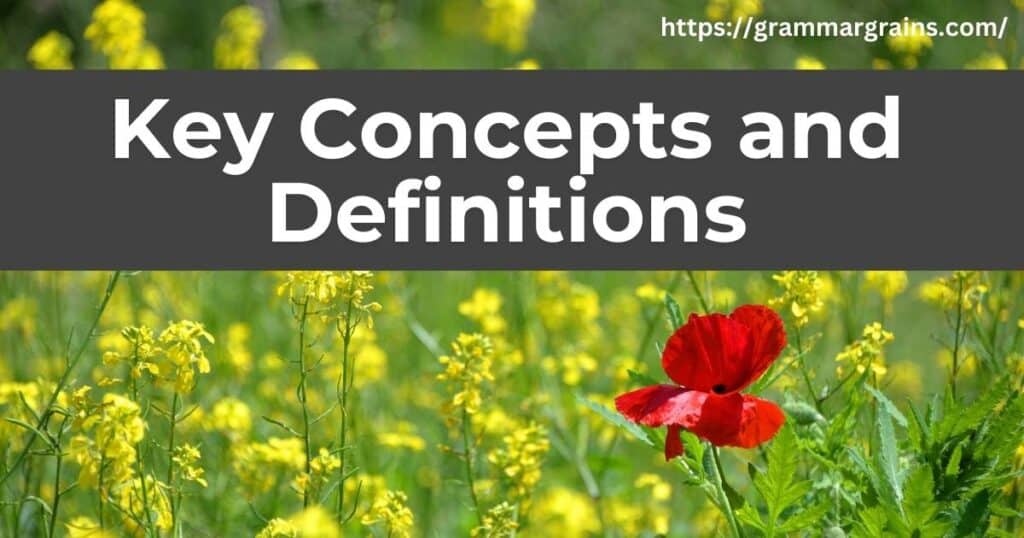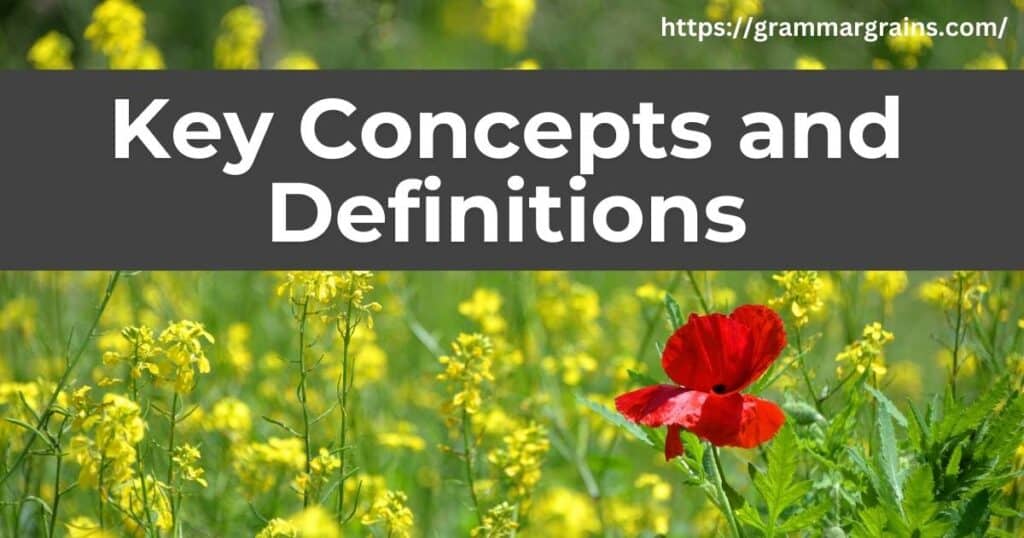Understanding the difference between agency’s, agencies’, and agencies is crucial for maintaining clarity in communication, especially in professional settings.
Misusing them can create confusion, hinder collaboration, and undermine your credibility. For example, using agency’s (singular possessive) when referring to multiple organizations could completely alter the message you are trying to convey.
Why This Matters
Precision in language is more than just about sounding polished; it’s about ensuring that your message is interpreted as intended.
Understanding the correct usage of agency’s, agencies’, and agencies is particularly important in professional environments, where clear communication can make or break a project.
Imagine sending an email to the External Agency Team with a sentence like, “The agency’s leaders will be attending the meeting,” when you actually meant, “The agencies’ leaders will attend.”
Such a mistake could lead to confusion about whether one or multiple organizations are involved, potentially causing delays or misaligned expectations.
In addition to clarity, using these terms correctly demonstrates workplace professionalism.
A recent study on effective communication in the workplace found that organizations emphasizing grammatical precision reported a 30% improvement in community engagement.
Proper usage reflects attention to detail and respect for your audience.
For instance, during a community outreach program, correctly distinguishing between singular and plural possessive forms ensures that all stakeholders understand their roles and contributions.
This reduces misunderstandings and fosters a collaborative environment.
It’s these small but significant language choices that help establish trust and credibility, both individually and organizationally.
Common Confusions Around These Terms

The confusion between agency’s, agencies’, and agencies arises because these terms look similar but serve very different purposes.
Many people mistakenly use agency’s when they mean agencies, or vice versa, leading to sentences that are unclear or outright incorrect.
For example, saying
“The agency’s contributions were significant”
when referring to multiple organizations is a common error.
What you should say instead is,
“The agencies’ contributions were significant.”
Such mistakes are especially problematic in formal communication, where precision is paramount.
Another frequent issue is the unnecessary use of apostrophes.
For example, writers often incorrectly use “agencie’s” when trying to refer to multiple agencies.
This kind of error is not only grammatically incorrect but also jarring to readers, who may question the writer’s expertise.
Missteps like these are especially glaring in professional documents like contracts, proposals, and project reports.
For instance, in a joint marketing campaign, a poorly worded sentence such as
“The agencie’s goals are aligned”
could lead to confusion about which entity is being referenced.
To avoid these errors, it’s essential to familiarize yourself with the rules governing possessive forms and plurals.
What Are We Talking About?
At its core, this discussion focuses on the correct usage of agency’s, agencies’, and agencies in written communication.
These terms have distinct grammatical roles.
Agency’s is a singular possessive, meaning it refers to something that belongs to one agency.
For example,
“The agency’s mission is to improve client satisfaction”
highlights a specific goal of a single organization.
In contrast, agencies is the plural form, used when talking about more than one organization, as in
“Several agencies collaborated on this initiative.”
Lastly, agencies’ is the plural possessive, which refers to something that belongs to multiple agencies.
For instance,
“The agencies’ collective effort resulted in success”
shows a joint achievement by multiple organizations.
These distinctions are vital for ensuring clarity and precision in communication.
Whether you’re writing a formal email, creating content for your organization.
Or presenting during a team meeting, choosing the right form of the word ensures your message is both accurate and professional.
It also reflects a deeper understanding of English grammar, which is a critical skill in many industries today.
The Importance of Clarity in Communication

Clarity in writing is not just a matter of style; it’s a necessity in professional environments.
Miscommunication stemming from improper grammar can lead to misunderstandings, wasted time, and even financial loss.
For instance, in a community outreach initiative, using
“The agency’s leaders attended”
instead of
“The agencies’ leaders attended”
could cause confusion about whether one or multiple organizations participated.
These types of errors might seem small but can have significant consequences when communicating with stakeholders or team members.
Furthermore,
Clear writing reflects your ability to think clearly. In a professional setting, this skill is invaluable. Using terms like agency’s, agencies’, and agencies correctly demonstrates your attention to detail, which is crucial for maintaining credibility. It also fosters trust, as it ensures your message is understood exactly as you intended. This level of precision is especially important when discussing sensitive topics like budgets, project timelines, or collaborative responsibilities in multi-agency projects.
Key Concepts and Definitions

The Singular Form: Agency
The term agency refers to one organization or entity. It is a non-possessive noun used to describe a single group.
For instance,
“The agency received a grant to expand its operations”
focuses on one specific organization.
This form is straightforward and is often used when ownership or plurality is not a factor.
Singular Possessive: Agency’s
Agency’s is the possessive form of the singular noun, indicating ownership or association.
For example,
“The agency’s goals align with national objectives”
refers to objectives specific to one agency.
Here, the apostrophe + s shows that the goals belong to the agency.
This form is particularly useful when describing tasks, initiatives, or policies related to one organization.
| Form | Meaning | Example |
|---|---|---|
| Agency | Singular, no possession | “The agency worked on the project.” |
| Agency’s | Singular possessive (ownership) | “The agency’s mission is clear.” |
Plural Form: Agencies
The plural form agencies refers to more than one organization.
It is used when discussing multiple entities without implying ownership.
For example,
“Several agencies partnered to tackle climate change”
refers to a collaborative effort involving multiple organizations.
Plural Possessive: Agencies’
Agencies’ is the possessive form of the plural noun, indicating joint ownership or association by more than one agency.
For instance,
“The agencies’ collective report was well-received”
emphasizes a shared responsibility or contribution by multiple organizations.
This form is commonly used in contexts where cooperation or shared resources are being discussed.
| Form | Meaning | Example |
|---|---|---|
| Agencies | Plural, no possession | “Several agencies are involved.” |
| Agencies’ | Plural possessive | “The agencies’ efforts were significant.” |
Practical Comparisons and Usage

Agency’s vs. Agencies’ vs. Agencies: What’s the Difference?
Understanding the difference between agency’s, agencies’, and agencies is crucial for proper grammar usage in professional communication.
Agency’s refers to ownership by a single entity, agencies denotes multiple organizations, and agencies’ indicates possession by more than one organization.
These differences may seem minor but play a significant role in ensuring that your sentences convey the correct meaning.
For instance,
“The agency’s mission is to improve client satisfaction”
emphasizes the focus of one specific organization.
On the other hand,
“The agencies’ joint initiative succeeded in achieving its goals”
highlights the collaborative effort of multiple entities.
A quick way to distinguish these forms is to ask yourself two questions:
Are you referring to one agency or more?
Is ownership involved?
If you’re discussing one organization and ownership is implied, use agency’s.
If you’re referring to multiple organizations without ownership, use agencies.
Finally, if ownership by multiple organizations is being expressed, use agencies’.
Misusing these terms can lead to significant misunderstandings, especially in written communication.
For example, writing
“The agency’s plans were approved”
when you mean
“The agencies’ plans”
could confuse readers about how many entities are involved.
| Term | Usage | Example |
|---|---|---|
| Agency’s | Singular possessive | “The agency’s goals are ambitious.” |
| Agencies | Plural (multiple organizations) | “All agencies collaborated on the project.” |
| Agencies’ | Plural possessive | “The agencies’ partnership was effective.” |
Common Mistakes and How to Avoid Them
Many people mistakenly use agency’s when they mean agencies or agencies’, which can completely alter the meaning of a sentence.
For instance,
“The agency’s reports were reviewed”
implies that only one agency’s reports were examined.
However, if the reports belong to multiple organizations, the correct phrasing would be
“The agencies’ reports were reviewed.”
Such errors are common in emails, reports, and presentations, where clarity is essential.
To avoid these mistakes, always identify whether your sentence involves a single organization or multiple organizations.
If ownership is implied, add the appropriate possessive form.
If it’s unclear whether you’re discussing one or many entities, revise your sentence to ensure it accurately reflects your intent.
For example, instead of saying
“The agency’s contributions,”
clarify whether you mean
“The agency’s individual contributions”
or
“The agencies’ collective contributions.”
Practicing these distinctions with a grammar guide or reviewing real-world examples can significantly improve your writing.
Real-Life Applications

Professional Scenarios
In professional settings, precise language is essential to avoid miscommunication.
Imagine writing an email to the External Agency Team regarding a project timeline update.
If you mistakenly use
“The agency’s timeline”
instead of
“The agencies’ timelines,”
the recipients might assume you are referring to only one organization rather than multiple collaborating entities.
Such errors can lead to misunderstandings and delays, especially in fast-paced industries like marketing or public relations.
Similarly,
During team meetings, using the wrong term can derail conversations. For instance, if you say, “The agency’s input was invaluable” when referring to multiple organizations, your colleagues might misinterpret the scope of contributions. In contrast, saying “The agencies’ input was invaluable” clearly communicates that several organizations played a role. These examples highlight how using the correct form fosters better collaboration and ensures that all stakeholders remain on the same page.
Industry-Specific Examples
The use of agency’s, agencies’, and agencies varies across industries, but the principles remain the same.
In the travel industry, distinguishing between a single agency’s services and multiple agencies’ collaborations is crucial for customer clarity.
For example,
“The agency’s services include luxury tours”
refers to offerings by one travel agency.
Meanwhile,
“The agencies’ joint campaign promotes eco-tourism”
emphasizes a collaborative effort by several organizations.
In the government sector, these distinctions are equally important.
A sentence like
“The agency’s guidelines were updated”
highlights a change within one specific organization.
On the other hand,
“The agencies’ shared policies aim to streamline processes”
reflects collective responsibility.
Similarly, in the healthcare industry, using
“The agency’s initiative improved patient care”
refers to one entity’s efforts, while
“The agencies’ collaboration addressed the pandemic response”
showcases a broader, multi-organization approach.
Easy Tips for Perfect Usage
Improving your understanding of agency’s, agencies’, and agencies doesn’t require advanced grammar skills—it just takes consistent practice and awareness.
Start by asking yourself three questions whenever you write:
Are you referring to one organization or multiple?
Is ownership involved?
Is there a collaborative context?
These questions help clarify which term fits your sentence.
Another helpful approach is to use visual aids like tables to reinforce the distinctions. Keep a grammar guide handy for quick reference, especially when drafting formal documents. Over time, these small habits will help you master these terms and avoid common pitfalls. Additionally, proofreading your work or asking a colleague to review your writing can catch errors you might miss on your own. Practice these techniques regularly, and you’ll soon find that using agency’s, agencies’, and agencies becomes second nature.
Conclusion
Mastering the distinctions between agency’s, agencies’, and agencies is a small but vital step toward improving your professional communication. These terms may seem minor, but their correct usage ensures clarity, builds trust, and reflects attention to detail. Whether you’re drafting emails, participating in team meetings, or collaborating on a community outreach initiative, using the right form shows respect for your audience and enhances your credibility.
In today’s fast-paced digital landscape, where written communication often serves as the first impression, precision matters. Start practicing these rules in your everyday writing, and you’ll see the difference it makes—not just in how others perceive you but also in how effectively you convey your message. Remember, great communication isn’t just about what you say; it’s about how you say it. By mastering these small but impactful grammar rules, you can elevate your writing and ensure your ideas are understood exactly as intended.
FAQs
What is the difference between agency’s and agencies?
Agency’s shows ownership by one organization, while agencies refers to multiple organizations.
When do I use agencies’?
Use agencies’ when showing ownership by more than one agency, like “The agencies’ reports were reviewed.”
Can I use agency’s for plural possession?
No, agency’s is singular possessive; use agencies’ for plural possession.
How can I avoid confusing agency’s and agencies’?
Check if you’re referring to one organization (agency’s) or multiple organizations with ownership (agencies’).

Taila Lucy, an expert content writer at Grammar Grains, brings 4 years of experience crafting engaging pieces on grammar. Her work delves into synonyms, antonyms, slang, puns, and poetry, helping readers master English with creativity and flair.






